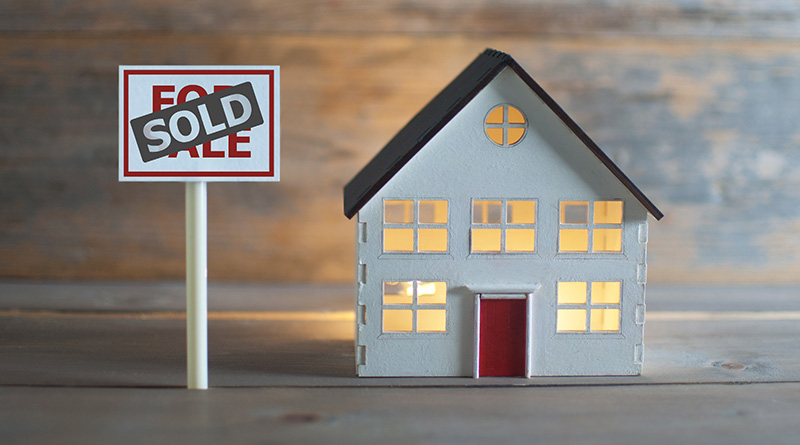Determining Primary Residence of the last 2 Years for Taxes
April, 25 2023 by Robin Scott-Hutchens, EA
I just sold my home and want to claim the one-time exception on taxes but I own several properties that I have spent time in. I am going to claim the house I just sold as my primary residence of 2 years. I wonder how the IRS decides.
-Charles, MI
Hello Charles,
You are correct in your understanding that there is an exception, or “exclusion” as the IRS refers to it, that may be able to be claimed when selling a primary residence. This is known as a Section 121 Exclusion and is named after the Internal Revenue Code number where it is written. The exclusion is generally available to the owner when they sell the home, provided they pass certain ownership and use tests. This exclusion (up to $250,000 for a single filer and up to $500,000 for married filing joint) can be quite effective in reducing or eliminating a possible gain on the sale of a home. Given the levels of appreciation some homes have seen over the past decade, this tax benefit can save taxpayers thousands of dollars.
Let’s look at the tests that need to be passed to claim the exclusion on your tax return.
The first test is the ownership test. This test is met if you have owned the home at least two years prior to the date of sale.
The second test is the use test, meaning how the home was used. If the home was used as a principal residence, the next consideration is for how long. If it was used as a principal residence for an aggregate of at least two of the five years before the date of sale, you have met the use test. Your question points to this test specifically and how the IRS knows this home was used as your principal residence for the sake of claiming the exclusion.
In the world of taxes, we call this a matter of “facts and circumstances,” which means the IRS will look at a variety of factors to determine if this home, in fact, was a principal residence to you. Some of the items the IRS will look at is if this home was close to a place of employment. What if you are not employed, or you are retired? In this case, the IRS looks at other factors, such as whether other family members lived at the same address. Is the address of the property the same one you use on your state and federal tax returns when filing? Is the address listed on your driver’s license, automobile registration, or voter registration? The IRS will look at where your bills and correspondence are mailed and what address might be associated with your bank and investment accounts. They will also consider whether you are involved in any social, religious, or recreational groups in the area. These factors are by no means exhaustive but will hopefully give you an idea of what the IRS reviews when determining whether the home you sold was your principal residence.
A word of caution: if you owned and lived in multiple homes during the five-year use period, you must be prepared to present and support the factors above for the home you sold to be considered your principal residence. If none of the elements indicate that the home that was sold was your principal residence, it will not qualify. For example, if you owned two other homes and had cars registered at those homes, your bank account statements were sent to the other homes, and you were involved in community activities that were closer to the other homes, you will need more than just spending the most time in the home that was sold to establish your claim.
Also, remember that even if you meet the ownership and use tests, you cannot claim the exclusion if you claimed it within the two years prior to the sale date of the current home. This and other factors should be considered when contemplating if you qualify for the exclusion. Rules for spousal ownership and use also need to be considered. And the exclusion amount can even be impacted by things such as a work- or health-related move out of the home or if there was “nonqualified use.” Nonqualified use generally means periods of time when the home was not used as the primary or principal residence, such as for extended business or rental use.
If you feel any of these other scenarios may apply to your particular situation, I encourage you to start with Publication 523, Selling Your Home, for more guidance on selling your home and the rules around qualifying for the exclusion.
Regards,
Robin Scott-Hutchens, EA





